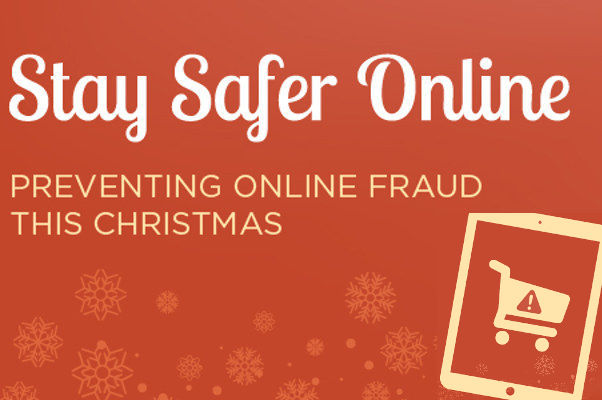This in from the office of Police and Crime Commissioner, Michael Lane. Ed
To keep you safer ahead of Black Friday and when buying online this Christmas, the Police and Crime Commissioner and Hampshire Constabulary are sharing important advice to help prevent online fraud.
Between October 2016 and March 2017 Hampshire Constabulary received 541 reports of fraud relating to online shopping and auctions. The national picture reveals the wider extent of the problem with Action Fraud estimating that in 2015 around £10 million was lost to fraudsters across the UK while people were shopping online for Christmas presents.
Helpful tips
Remember the following key things to help you stay safer online:
- Use strong passwords or a passphrase, 10+ characters or three random words. The most important thing is to use different passwords for different shopping sites.
- Make sure you install software and app updates on all of your devices.
- If you’re sending your credit card or other personal information online, make sure you see the HTTPS in the browser and see a padlock. The S in HTTPS stands for secure.
- If you’re buying from a private seller or from a forum like Facebook sales, make sure you use a secure trusted pay portal like PayPal.
- Do not transfer money to an individual’s account before receiving goods, unless you know and trust them and paying with a credit card can also offer better fraud protection.
Reduce risk of online fraud
Michael Lane, Police and Crime Commissioner said,
“At this time of year more people than ever go online to shop and it is important to me that they are kept cyber safer. By following this practical advice and guidance their likelihood of becoming a victim to online fraud ahead of Black Friday and in the lead up to Christmas will be reduced.
“I would urge everyone to follow the advice and not get conned this Christmas.”
If bargain looks too good to be true – it probably is
Assistant Chief Constable Ben Snuggs said:
“Most of us increasingly lead many aspects of our lives online, and many of our social interactions, friendships and working relationships are made all the richer through these online connections. However, we sadly see many examples where people are tricked, manipulated and pressured into something that can have significant adverse financial or personal consequences.
“If a deal or bargain looks too good to be true – it probably is. Do your research and if the site you’re using is not a reputable retailer you know and trust then the deal may not be legitimate. Search for user reviews, check out sites like Trustpilot, and see how other shoppers have rated the site.”
For more advice go to Hampshire Police Website.





